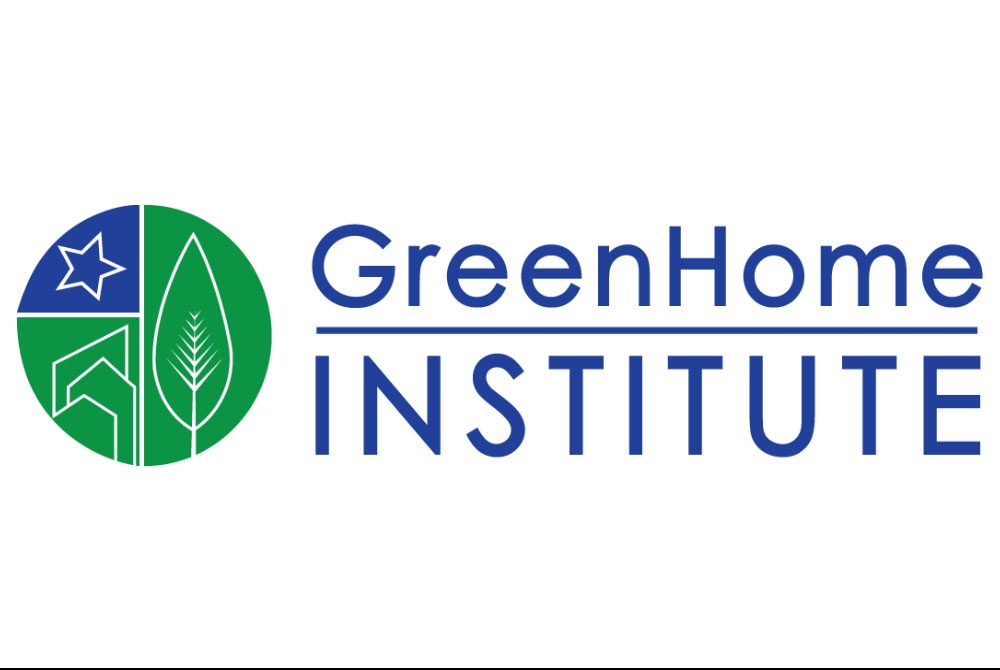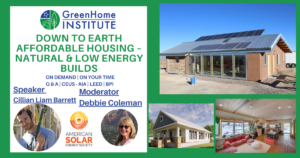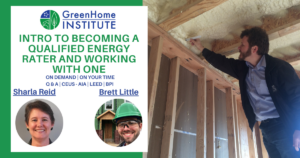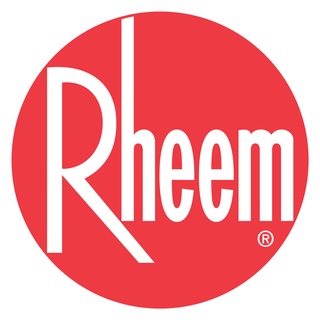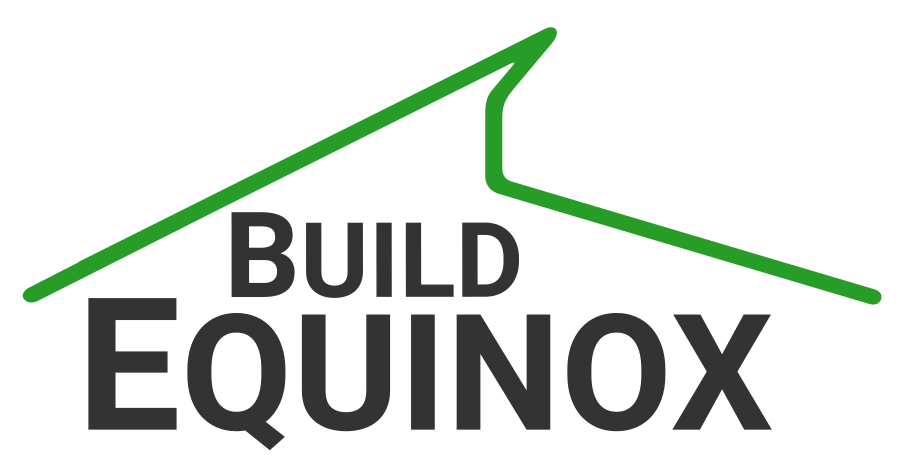Those who have studied sustainability in the built environment have likely heard of the term “triple bottom line.” The phrase is directly related to the “bottom line” in accounting: net income, which traditionally only considers economic aspects. The goal is to maximize results after all expenses are covered. Though this hasn’t substantially changed, many in the business world have realized there is more to it than that and have refined their approach to include social and environmental considerations as well.
ECONOMIC: Will budgetary decisions during the construction phase result in negative consequences for future owners and occupants of the building? Have you considered the value contained within price premiums for healthier materials or locally produced options? What are your dollars supporting?
SOCIAL: Who does your project affect? Are you thinking about all stakeholders in the planning and design stage? What are the potential impacts on workers during construction and installation, neighbors throughout all stages of the project, and building occupants during the operational stage?
ENVIRONMENTAL: Have you considered the lifecycle impact of the construction materials you selected? Are the operational requirements of the building detrimental or beneficial to the natural world? How can disruptions to the local ecosystem be minimized through thoughtful consideration?
Soft costs include professional services, registration and certification fees. LEED Residential certification requires a Green Rater, an Energy Rater, and a Provider. To determine costs of rater services in your area, contact professionals listed here. GreenHome Institute is a highly experienced Residential Provider – complete this form for a quote for your project. Registration and certification fees due to the United States Green Building Council can be found on this page under the heading ‘Residential fees.’
Hard costs are the most highly variable costs to consider. However, with just 16 prerequisites and all other requirements being optional, credits can be chosen based on what is most important for the project. This is where costs can be minimized for those with greater budgetary constraints. It is also an opportunity to demonstrate to stakeholders and the community that a successful sustainable project can be completed at minimal expense.
Green building is meant to add value. That doesn’t mean it is free; it requires a shift in perception, in how we understand value, and in how we operate. In most situations, the decision to incorporate sustainable building practices is a deliberate choice – one that does increase expenses during the project stage, but results in environmental, social, and economic benefits for many constituents throughout the entire lifecycle of the project. Considering the long-term cost-benefit analysis, building sustainably increases the value of a building. The decision about whether to implement green building strategies and goals should be both realistic and thoughtful of personal values and of the various stakeholders involved.
Ultimately, achieving LEED in a residential project improves the quality of the result, allows the developer to operate in line with their values, and results in a greater potential being realized.
